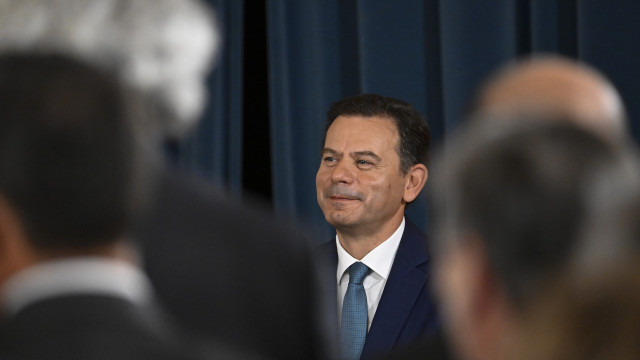The government and social partners are meeting this Thursday, July 24th, in Social Concertation to discuss labor legislation.
The meeting, held at the Economic and Social Council (CES) headquarters at Palácio das Laranjeiras in Lisbon, will be chaired by the Minister of Labor, Solidarity, and Social Security, Maria do Rosário Palma Ramalho, starting at 3 PM.
The official agenda highlights the monitoring of the tripartite agreement on salary enhancement and economic growth for 2025-2028 as the main topic. Specific measures the government seeks to amend in labor legislation, such as outsourcing restrictions after dismissal, the option to purchase vacation days, and minimum service requirements during strikes, are expected to be debated.
What are the measures under discussion?
Purchasing vacation days
The government wants to provide more flexibility for workers to enjoy vacations at their initiative, proposing that they can purchase vacation days. The document states, “greater flexibility in the enjoyment of vacations at the worker’s initiative, with the possibility of acquiring vacation days, with a limit to be contractually defined between parties”.
The acquisition of additional vacation days implies the loss of corresponding salary, but maintains career-related rights and subsidies.
End of outsourcing restrictions
The government intends to eliminate restrictions on outsourcing, currently prohibiting service acquisition from third parties for needs previously ensured by workers whose contracts were terminated in the preceding 12 months due to collective redundancies or job elimination.
Business confederations will ask the government to revoke this rule, arguing it is “nonsensical,” while trade unions are committed to “strongly” defending its retention.

Holiday bonuses in installments
The government proposes that workers be allowed to choose whether to receive holiday and Christmas bonuses in installments or traditionally. This means they could opt to receive them monthly throughout the year instead of all at once in June and at Christmas.
“Each worker should regain the prerogative to decide how they receive their bonuses (13th and 14th months): in full at two points in the year or in installments over the 12 months of the year,” states the government program.
Changes to the Strike Law
Prime Minister Luís Montenegro has frequently expressed the intent to revisit the strike law to ensure “minimum services that do not jeopardize the balance between exercising the right to strike and other workers’ rights.”

Other changes
The government’s proposals also include alterations to teleworking regulations, automatic sick leaves (self-declarations of illness), work time flexibility, and layoff policies.
These changes are set to be discussed this Thursday with social partners, including employers and unions, before potentially being submitted to the Council of Ministers.




